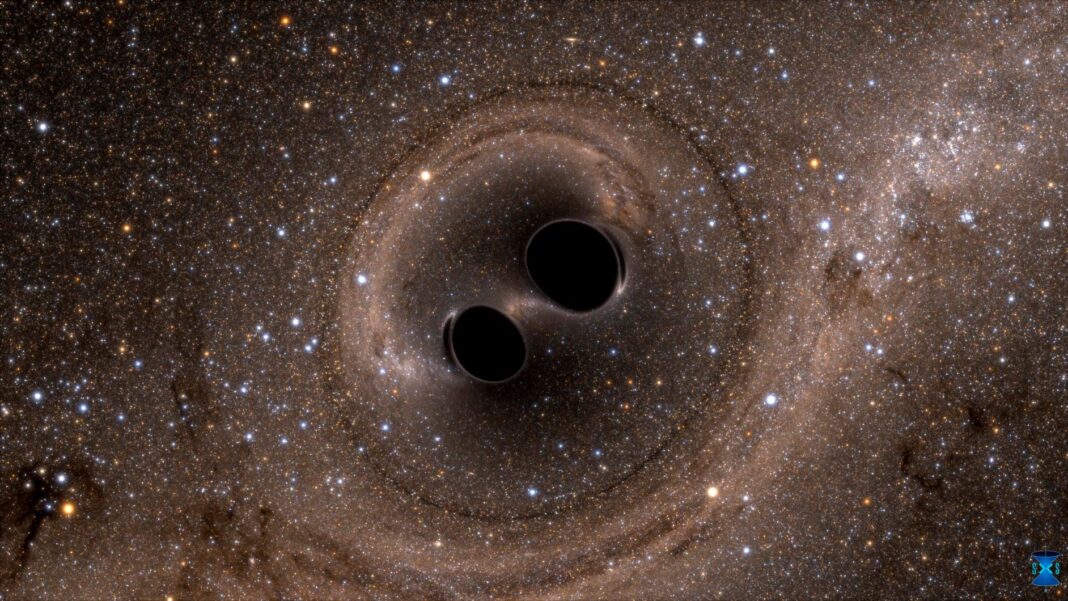An international team of scientists have detected ripples in space and time, known as gravitational waves, from the biggest known black-hole collision that formed a new black hole about 80 times larger than the Sun.
The ANU is playing a lead role in Australia’s involvement with the discovery through a partnership with a US-based Advanced Laser Interferometer Gravitational-wave Observatory (LIGO).
Professor Susan Scott, who is leader of the General Relativity Theory and Data Analysis Group at ANU, said scientists detected the event that formed the biggest known black hole from a merger of a binary system of two black holes in 2017.
The event occurred about nine billion light years away.
“These detections of black-hole collisions greatly improve our understanding of how many binary black hole systems there are in the Universe, as well as the range of their masses and how fast the black holes spin during a merger.”
The researchers plan to continually improve the gravitational wave detectors so they can detect cataclysmic events much further out in space, one day hoping to reach back to the beginning of time just after the Big Bang, which cannot be done with light.
“This event also had black holes spinning the fastest of all mergers observed so far. It is also by far the most distant merger observed,” Professor Scott said.
The three other black-hole collisions were detected between 9 and 23 August 2017, were between three and six billion light years away and ranged in size for the resulting black holes from 56 to 66 times larger than our Sun.
Since the second observing run finished in August 2017, scientists have been upgrading the observatory’s LIGO and Virgo gravitational-wave detectors to make them more sensitive.
“This means during the upcoming third observing run, starting early next year, we will be able to detect events further out in space, meaning more detections and potentially gravitational waves from new and yet unknown sources in the Universe,” Professor Scott said.
The results of the discoveries will be published in Physical Review X.
For more:



